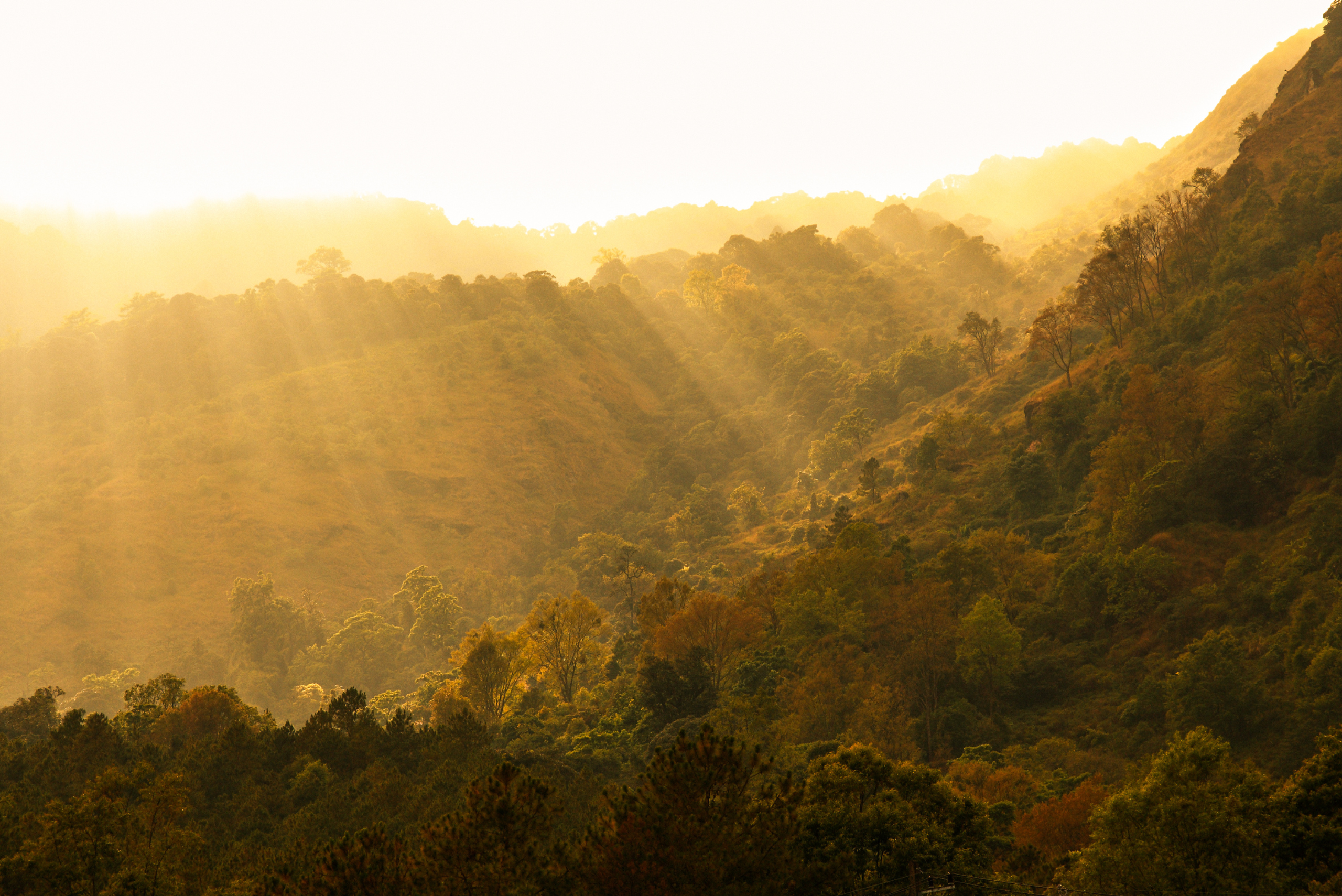My friend Leslie Bustard—essayist, poet, publisher, and connector of people—died of cancer on April 14. She was my guest on The Habit Podcast in February of this year. That conversation turned out to be the last I would ever have with her.
The title of Leslie’s poetry collection, published just two months before she died, is The Goodness of the Lord in the Land of the Living. If you go back and listen to that conversation, you’ll be struck by how alive and lively she was. Those last years of Leslie’s life were a reminder that the even valley of the shadow of death is in the land of the living.
Leslie was a year into her cancer journey when she started writing poetry. She knew that her cancer had reached a point at which there would be no remission. “It’s quiet now,” she said, “then maybe something will come up and they’ll take care of it, and I’ll be ok for a while, until eventually I won’t be ok, and we’ll be headed for darker things.” But in the midst of all that, she really wanted to try something new. She prayed, “Lord, one of those things I would love to do is somehow write about the world as a poet.” And she kept praying, until poetry started to come.
A poem of Leslie’s that I especially love is one she wrote after brain surgery, then radiation, when the top of her head was bald and exposed. But she reframed that situation, as poets are wont to do. The bareness of her pate was a loss, yes, but it also allowed her to feel more directly the blessings of sunlight and breeze and even rain:
Tonsure
Like me, with my skin
and scar exposed, did newly-
vowed monks think of rain
and wind on their bare heads as
reminders of Christ with them?
***
Doug McKelvey wrote of Leslie,
Leslie’s greatest gift was in her generous service, in the way she enabled others around her to more vibrantly love God and their neighbors—and to more creatively express that love in all facets of their lives. Leslie embodied so naturally the glad, eternal vision that animated her service. She was not afraid to live life at a walking pace, noting the small beauties and savoring the small delights of the hours, the people, and the creation around her. Her eyes so often seemed to sparkle with the light of a better kingdom, with a wordless beckoning, an invitation, as if she knew some wonderful secret and was forever waiting for the rest of us to catch on. Leslie was a mysterious mixture of open arms, warm smiles, listening ears, and enfolding heart. She was a poet, but she was also a poem. To those blessed to know her, Leslie was both a giver, and a gift.
Yes and amen.
A couple of days after Leslie’s podcast episode aired, Elizabeth Harwell wrote a post in the Habit Membership forum titled, “Leslie Bustard made me try…” Like Leslie, Elizabeth hadn’t written a poem since she was in college. But she sat down and wrote one. And she shared it. And her colleagues in The Habit Membership gave her feedback and encouragement. Here’s what came of it:
Is This What it’s Like to Grow Old?
Only a moment ago
the morning light rested on a crowded corner
of my kitchen counter.
A diagonal of warm light draped across a white canister
of spatulas and ladles, like a sash.
I turned away to write something down and
now, the light has moved
further down the counter to the terracotta pot.
Soon it will slip out of the kitchen entirely
through the window above the sink.
I hate to see it go.
I don’t think I’ve ever spent so much time, so many words
considering where the morning goes
or how long it stays.
I keep looking back to that crowded corner
remembering its brief illumination,
hoping I will bear witness to it all again tomorrow.
But if not tomorrow, the next day.
And if not then,
eternity is on my side.
What a tribute to Leslie, who never did grow old, who always knew that eternity is on her side. When we put good work into the world, we embolden other people to put good work into the world. And the ally-ship of fellow writers making this poem better—that feels like a tribute to Leslie too. As Elizabeth put it, “I’m always amazed at how writing in community somehow helps me to sound more like myself.”
Elizabeth was able to share her poem with Leslie before she died, and they had a sweet exchange over text. I love Elizabeth’s wisdom and insight here:
I just went back to revisit that text conversation, and one of the things Leslie said was, “I have no poems in me right now.” Now I’m thinking of that in light of Doug’s words—”Leslie was a poem.” Oof. This gives me a new light in which to think about writer’s block… if you can’t write a poem, it’s okay to just be a poem.”
Yes and amen.








